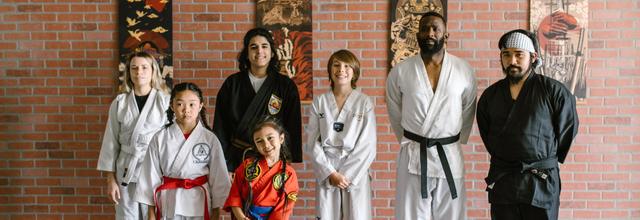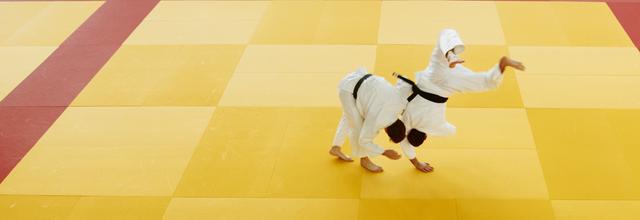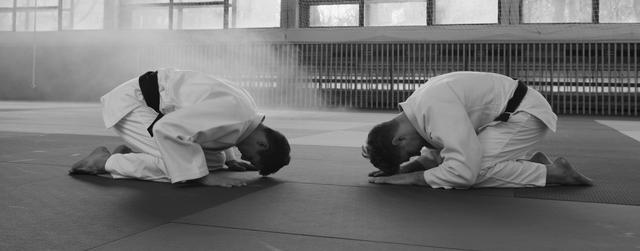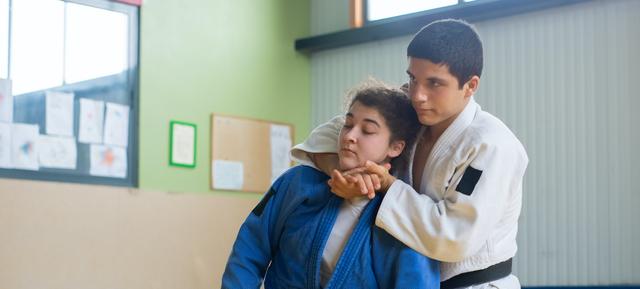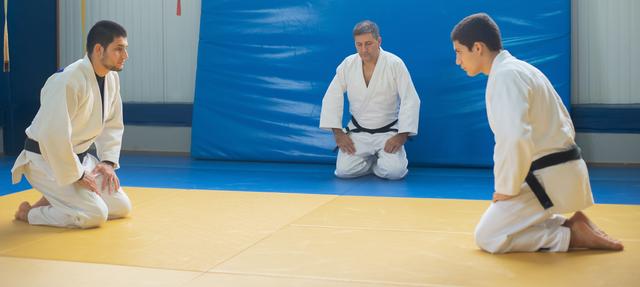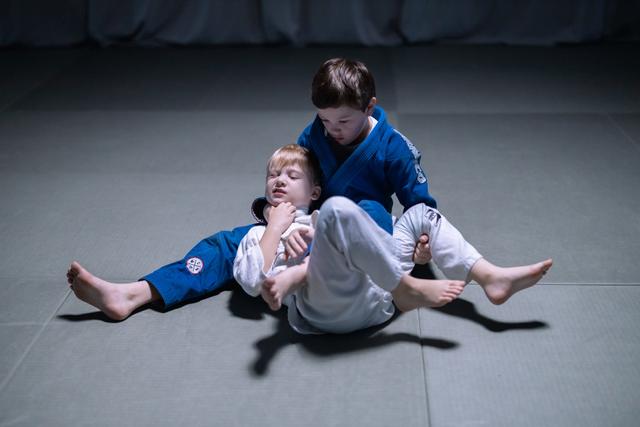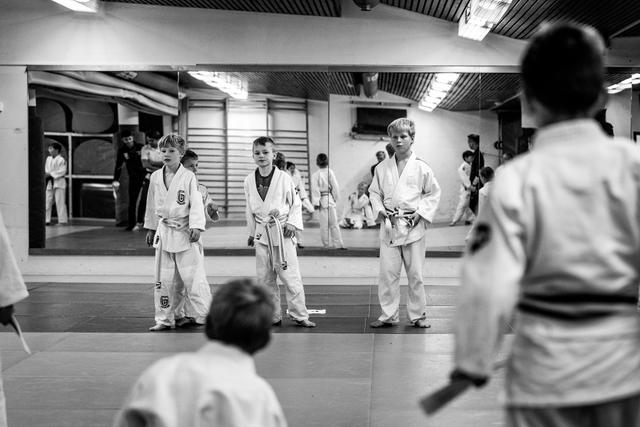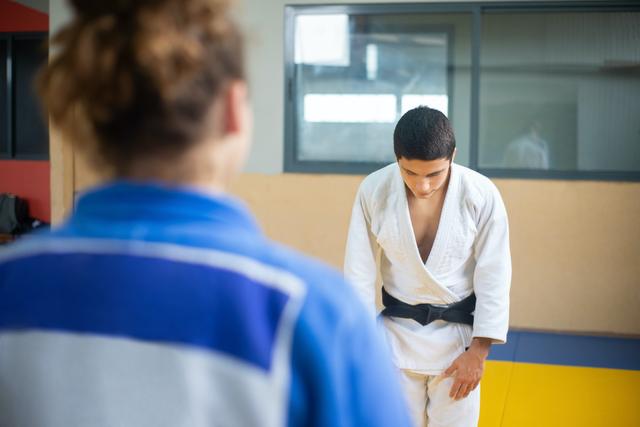- Home
- »Articles
- »Martial Arts
- »Judo
Judo Articles
Judo For Kids In The UK
Judo, a martial art rooted in the principles of leverage, throws, and joint locks, has long captured the imaginations and energies of children across the UK. Its introduction to British shores dates back to 1883, shortly after its establishment in Japan by Jigoro Kano. Initially brought over by Stanley Pratt, who had learnt the art in Japan, Judo quickly took root in the UK, sparking interest amongst diverse social strata, including prominent figures of the time.
The rapid spread of Judo led to the establishment of the first dedicated club in London, setting a precedent for structured training and popularisation of the sport. This was followed by more widespread adoption into schools, clubs, and community centres, marking the beginning of a rich tradition in British martial arts culture. In 1921, the formation of the British Judo Association further cemented its place in the UK's sporting fabric, advocating for its practice and development. Since then, Judo has been a regular fixture in the Olympic Games, underlining its significance and the high level of competition it inspires.
Throughout its history in the UK, Judo has expanded beyond simple martial practice to becoming a core activity that numerous children engage in throughout the country. Today, it continues to thrive, taught by passionate instructors dedicated to passing on both the techniques and ethics that Judo embodies. This martial art not only promotes physical activity but also imparts valuable life lessons through discipline and respect, making it a beloved choice among martial arts for children in the UK.
The Benefits of Judo
Judo offers a range of health benefits that are particularly valuable for children. Participating in Judo can significantly enhance a child's physical fitness by improving strength, flexibility, and coordination. These physical benefits are achieved through dynamic movements and exercises that are integral to Judo training, promoting overall cardiovascular health and increased energy levels.
Moreover, Judo is an effective way for kids to learn essential self-defence skills. This not only equips them with the abilities to protect themselves but also fosters a strong sense of confidence and security. The practice of Judo emphasises awareness and the prevention of dangerous situations, essential skills in today’s world.
Discipline and focus are core elements of Judo. Children learn to hone their concentration, a skill that translates positively into academic performance and other areas of life. The setting of goals and the dedication needed to achieve them through Judo also instils a strong sense of discipline and work ethic.
Social skills are another significant benefit. Judo classes provide a communal environment where children interact with peers, learn teamwork, and develop sportsmanship. Respect for others, including opponents, is a key principle taught in Judo, which aids in nurturing socially adept individuals.
Lastly, the challenges faced and overcome in Judo empower children, boosting their confidence and self-esteem. This makes Judo not just a physical activity but a holistic tool for healthy, well-rounded development.
FAQs
- What age is appropriate for children to start learning Judo in the UK?
Answer: Children can start learning Judo from as young as five years old. At this age, the focus is usually on fun, developing basic coordination skills and introducing the disciplines of the sport in a child-friendly manner. - Are there Judo classes specifically for different age groups of children?
Answer: Yes, Judo classes are often divided into different age groups. This separation helps tailor the teaching methods and techniques to the age-appropriate needs and capabilities of the children, enhancing their learning experience and safety. - What are the progression opportunities in Judo for kids in the UK?
Answer: Judo offers a structured progression system through belt rankings, which are indicators of the skill level. Kids can advance in ranks through grading tests, where they demonstrate their competence in various techniques and understanding of Judo. - Where can parents find certified Judo classes for their children in the UK?
Answer: Parents can look for certified Judo classes at local sports centres, schools, or dedicated martial arts academies. It's important to ensure that the classes are led by qualified Judo instructors who are accredited by the British Judo Association. - How does Judo training influence a child's performance in school?
Answer: Judo training can have a positive impact on a child's performance in school by improving their focus, discipline, and self-esteem. The mental and physical challenges in Judo also enhance problem-solving skills and resilience, which are beneficial for academic success.

